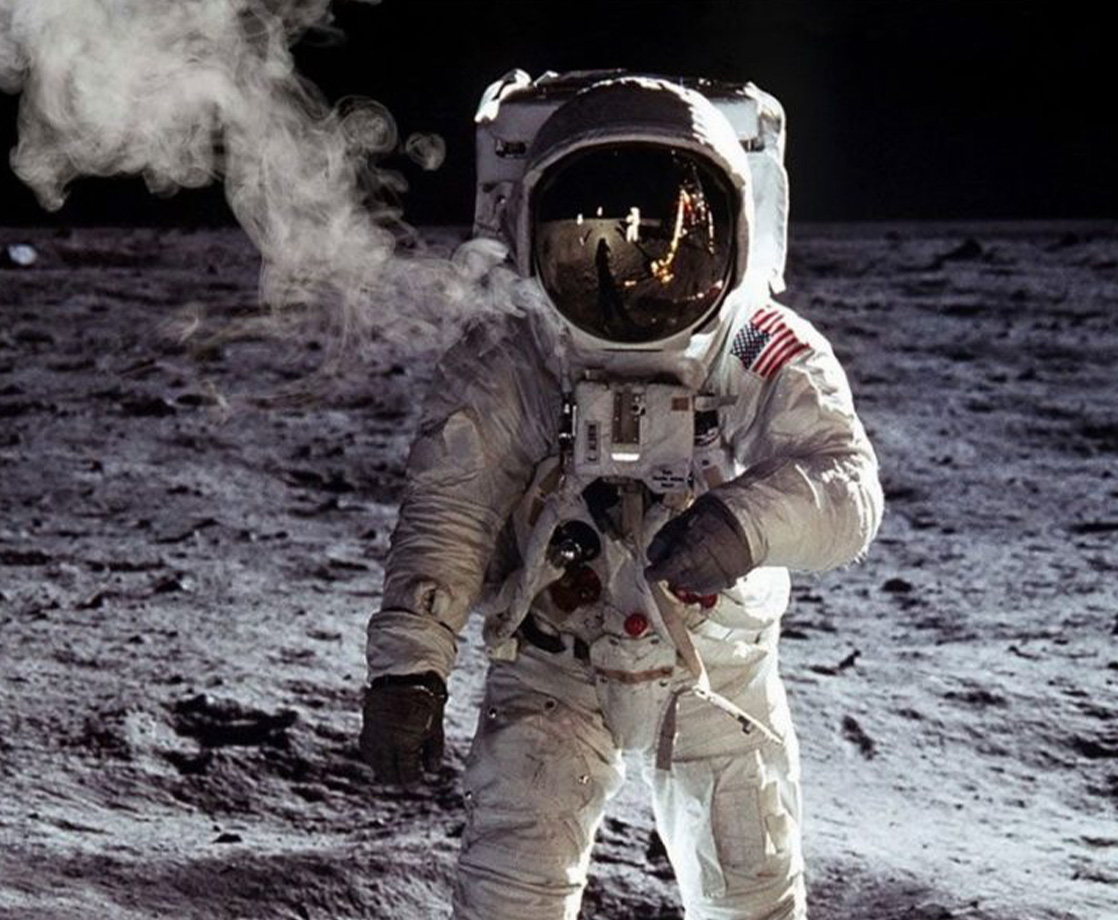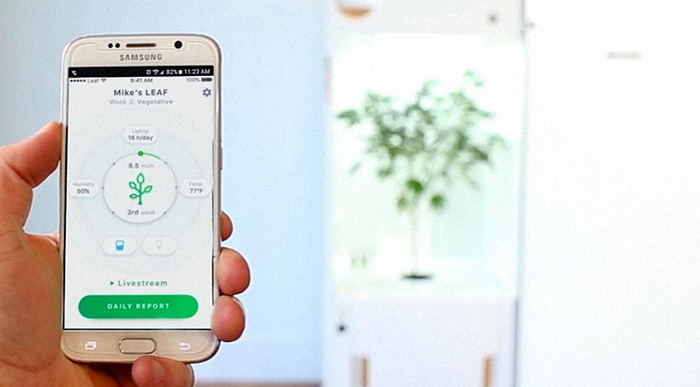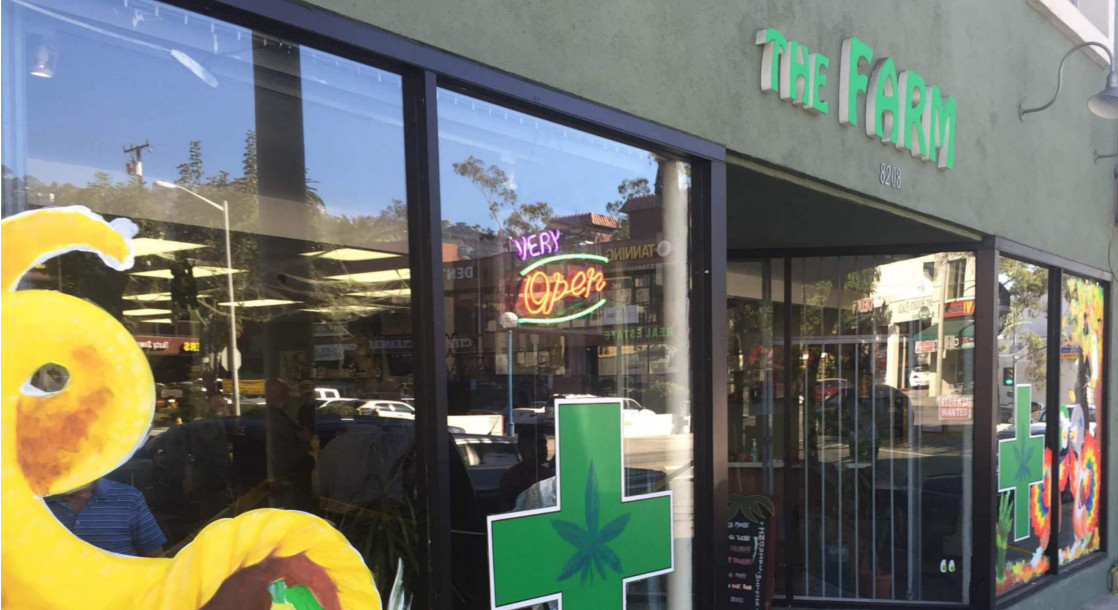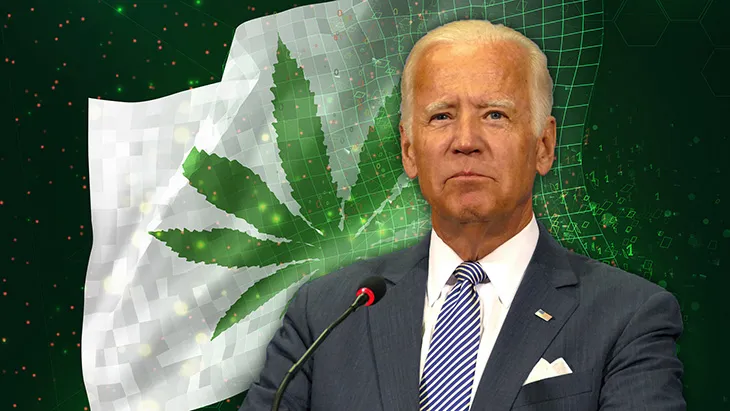Two of nature’s most generous gifts, cannabis and coffee, will soon take a trip to the cosmos. A scientific experiment slated for early next year is going to send tissue culture samples of the plants to the International Space Station. A collaboration among Front Range Biosciences, Space Cells USA, and BioServe Space Technologies at the University of Colorado, Boulder, the experimental cargo is scheduled to be aboard the CRS-20 commercial resupply service mission to the ISS in March 2020.
After blasting through the atmosphere and landing at the space station — in a SpaceX Dragon capsule perched atop a Falcon 9 rocket, mind you — around 480 plant cell cultures of hemp and coffee plants will live in a space-made incubator while orbiting the Earth. While there, the environmental conditions for the cultures will be monitored remotely from BioServe’s payload operations center at the University of Colorado. After spending 30 days in a climate-controlled mini-lab, the samples will head back to Earth for genomic analysis before being grown into full-fledged plants.
Dr. Jonathan Vaught, the co-founder and CEO of Front Range Biosciences, an agricultural biotech company that specializes in tissue culture propagation and the breeding of high-value crops, told MERRY JANE that the company hopes to observe changes that can occur in the metabolic pathways of living organisms when they visit space.
“Gravity has a profound impact on almost every different part of what a plant does. And when you take that away it’s a whole new world for the plant,” Vaught said in a phone interview this week, explaining that plant cells can also be affected at the genetic level by the cosmic rays inherent to space travel.
“It’s well known that when you put plants or plant cells in a zero-gravity environment there are significant changes in gene expression and mutations that occur,” he added.
Front Range Biosciences is providing the plant cultures, while SpaceCells will provide the technical expertise, management, and funding for the project. BioServe has flight-qualified hardware to house the plant cultures and facilities onboard the ISS to maintain the samples under controlled conditions. BioServe will also work with the NASA astronauts aboard the space station to transfer the hardware to the incubator and execute the experiment.
Once the tissue culture samples return to Earth, they’ll be cultivated and studied for qualities including cannabinoid production and terpene profiles to see if any new traits are expressed in the plants.
“We’re going to be regenerating these plants and growing them up. Some of them may become new plants just by being sent up to space and back,” said Vaught.
Ultimately, the results of the experiment may help growers and researchers identify new varieties or chemical expressions in the plants. This will allow scientists to better understand how plants manage the stress of space travel. The research could also lead to the development of new varieties of hemp and coffee that are better suited to the changing conditions in many growing regions of our dynamic world.
“These are big ideas we’re pursuing and there’s a massive opportunity to bring to market new chemotypes, as well as plants that can better adapt to drought and cold conditions,” Peter McCullagh, the CEO of space research firm SpaceCells, said in a press release. “We expect to prove through these and other missions that we can adapt the food supply to climate change.”
Louis Stodieck, the chief scientist of BioServe Space Technologies at the University of Colorado, Boulder, said that this was only the first of several experiments planned for the partnership with SpaceCells and Front Range Biosciences.
“In the future, we plan for the crew to harvest and preserve the plants at different points in their grow-cycle so we can analyze which metabolic pathways are turned on and turned off,” he said. “This is a fascinating area of study that has considerable potential.”
Initial results of how space travel might affect the hemp samples could come within six to 12 months. For coffee, which can take years to mature and produce fruit, it could take a decade or more to determine the outcomes of the experiment.
This isn’t the first time that cannabis has been sent into orbit in the name of science. In April, Kentucky-based Space Tango sent a payload of hemp seeds to the ISS to study the effects of microgravity on biological processes, including the production of CBD. And in 2017, the Arizona cannabis dispensary Level Up sent a pound of kush into space on a balloon, eventually marketing the pot in eighths and quarters as “Space Weed Bro.”
Follow AJ Herrington on Instagram











